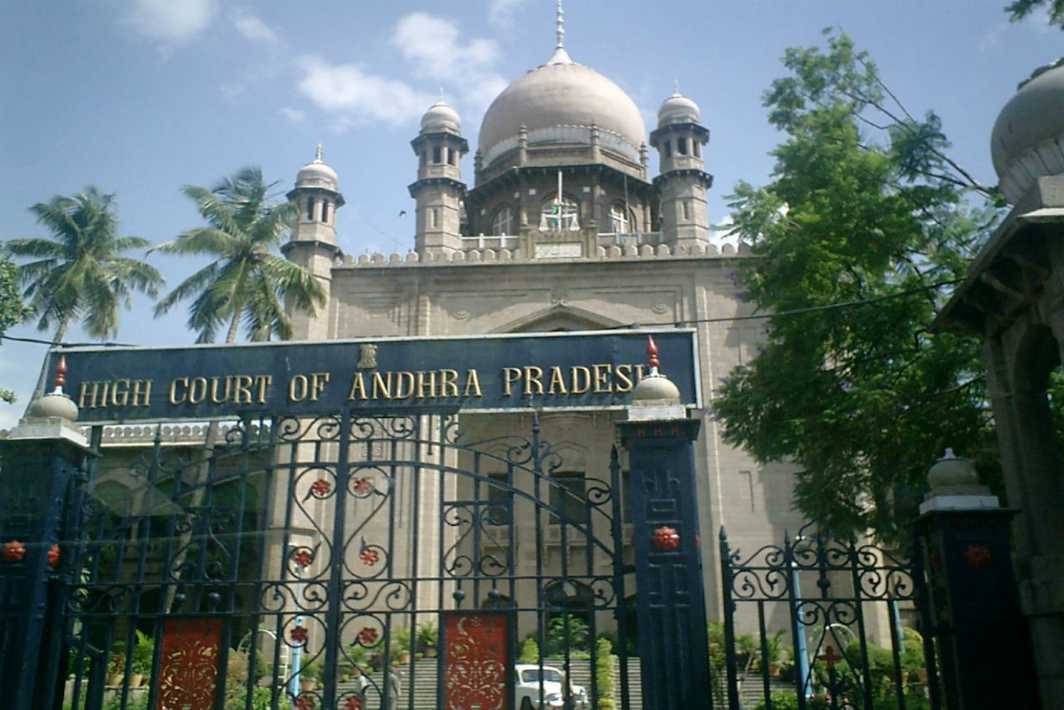The Andhra Pradesh High Court has observed that the jurisdiction of a PIL is invoked to protect the interest of oppressed class of citizenry and not for deciding pure legal issues, which should be left to be decided in an appropriate inter-party lis (suit).
The Division Bench of Chief Justice Prashant Kumar Mishra and Justice D.V.S.S. Somayajulu dismissed a PIL filed by the President of Muslim Hakkula Porata Samithi, seeking declaration that the AP State Waqf Board, in collecting Waqf Fund on donations, nazaranas or presentations given by Muslim devotees to Masjids or Dargas or Anzuman Institutions belonging to the Waqf Board in the State, as illegal, void.
Through the PIL, the petitioner further sought direction that A P State Waqf Board not to collect such Waqf Fund on donations, nazaranas or presentations given by Muslim devotees to Masjids or Dargas or Anjuman Institutions belonging to the Waqf Board.
The Bench noted that it has been stated in the writ affidavit that there are more than 3000 Masjids, Dargas and Anjuman Institutions belonging to the Waqf Board in the State of AndhraPradesh, where Muslim devotees offer donations. The Waqf Board has been collecting Waqf Fund from Masjids, Dargahs and Anjuman Institutions out of the donations, najaranas or presentations given to them by Muslim devotees, treating the same as income derived from income-yielding establishments.
The AP State Waqf Board received a report dated January 8, 2021 in respect of Ulumul-Quran Educational and Charitable Trust, declaring the same as a Waqf Institution and, thereafter, donations received from Muslim devotees have been exempted from being treated as income to be taxed, by applying Section 72(1) (v) (g) of the Waqf Act, 1995 therefore, the same treatment should have been extended to such institutions and by not doing so, the provision contained in Section 72 of the Act is violated.
Further, the Bench observed that the papers annexed to the petition do not reveal any direction from the AP State Waqf Board issued to any particular Masjid, Dargah or Anjuman Institute compelling them to donate to the Waqf Fund and it appears that such Masjids, Dargahs or Anjuman Institutions have been contributing voluntarily to the Waqf Fund Maintained by the AP State Waqf Board.
In absence of any such order or communication from the AP State Waqf Board, it cannot be said that there is compulsion on any Masjid, Dargah or Anjuman Institution to donate to the Waqf Fund, held the Court.
“It is settled that writ courts do not interfere in the societal activities of any particular religion. In any case, the dispute brought before this Court does not relate to any such activity, which is causing an adverse impact or injustice to the poor, marginalized or downtrodden sections of the society. Public Interest Litigation Jurisdiction is invoked to protect the interest of oppressed class of citizenry and not for deciding pure legal issues, which should be left to be decided in an appropriate inter-party lis”, the order read.


